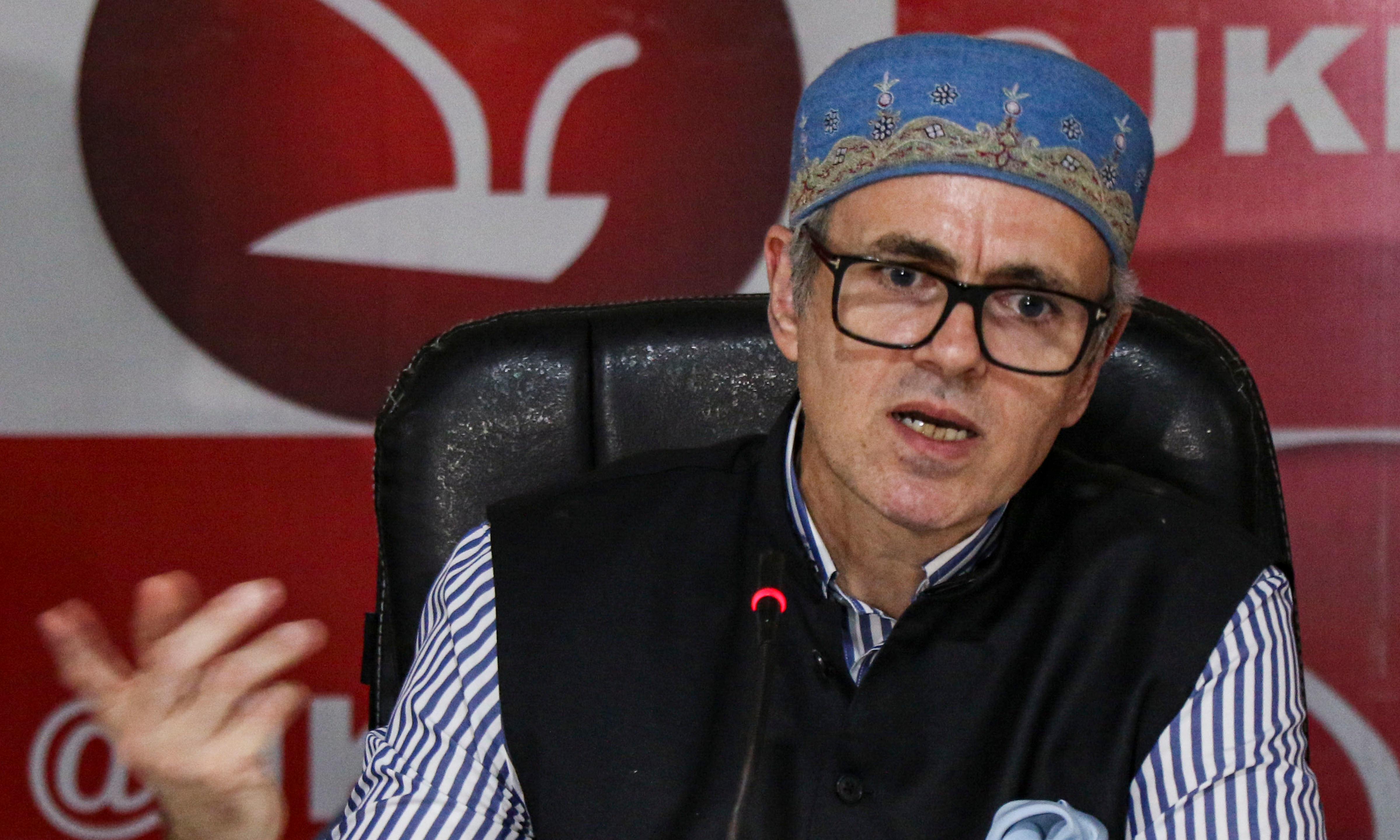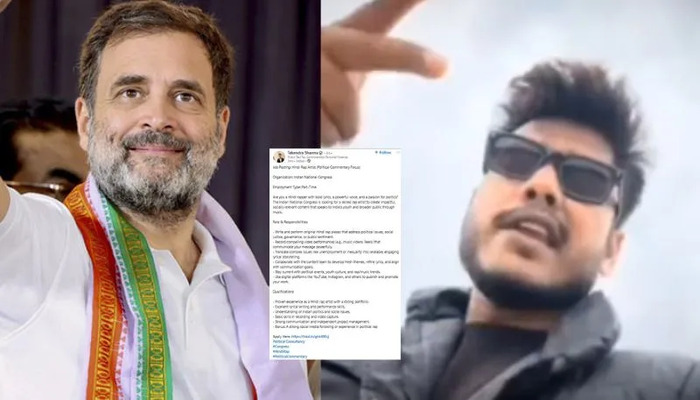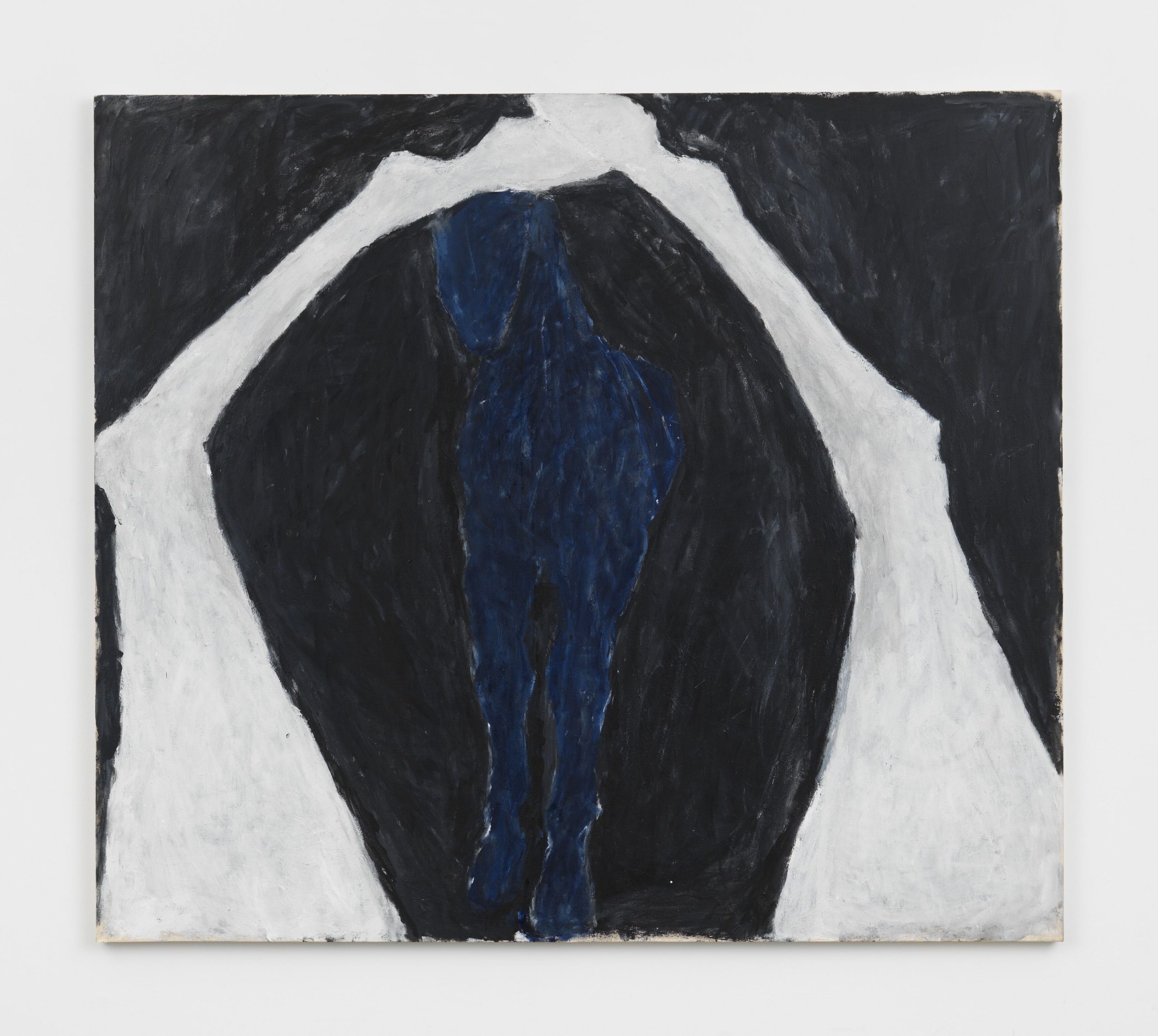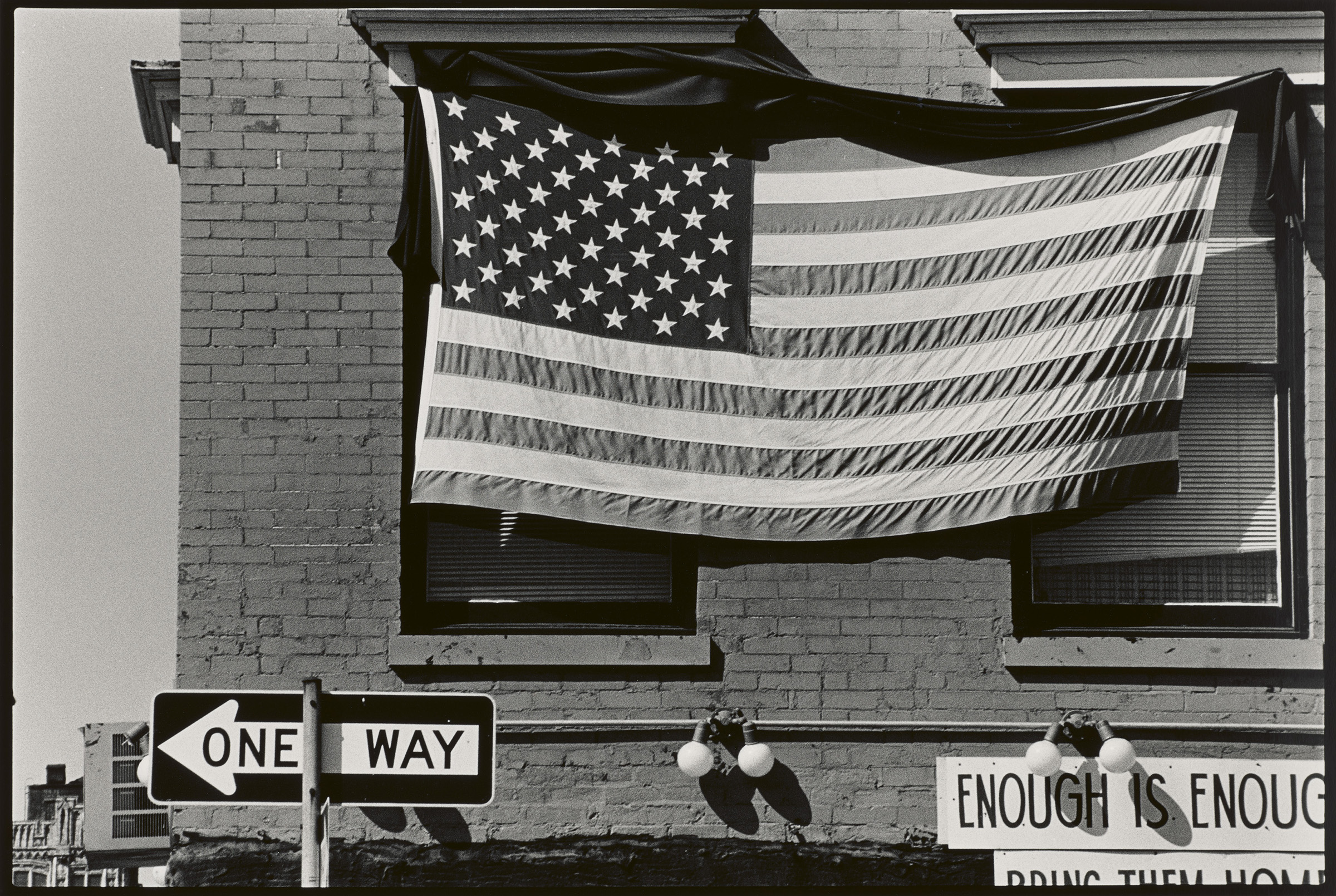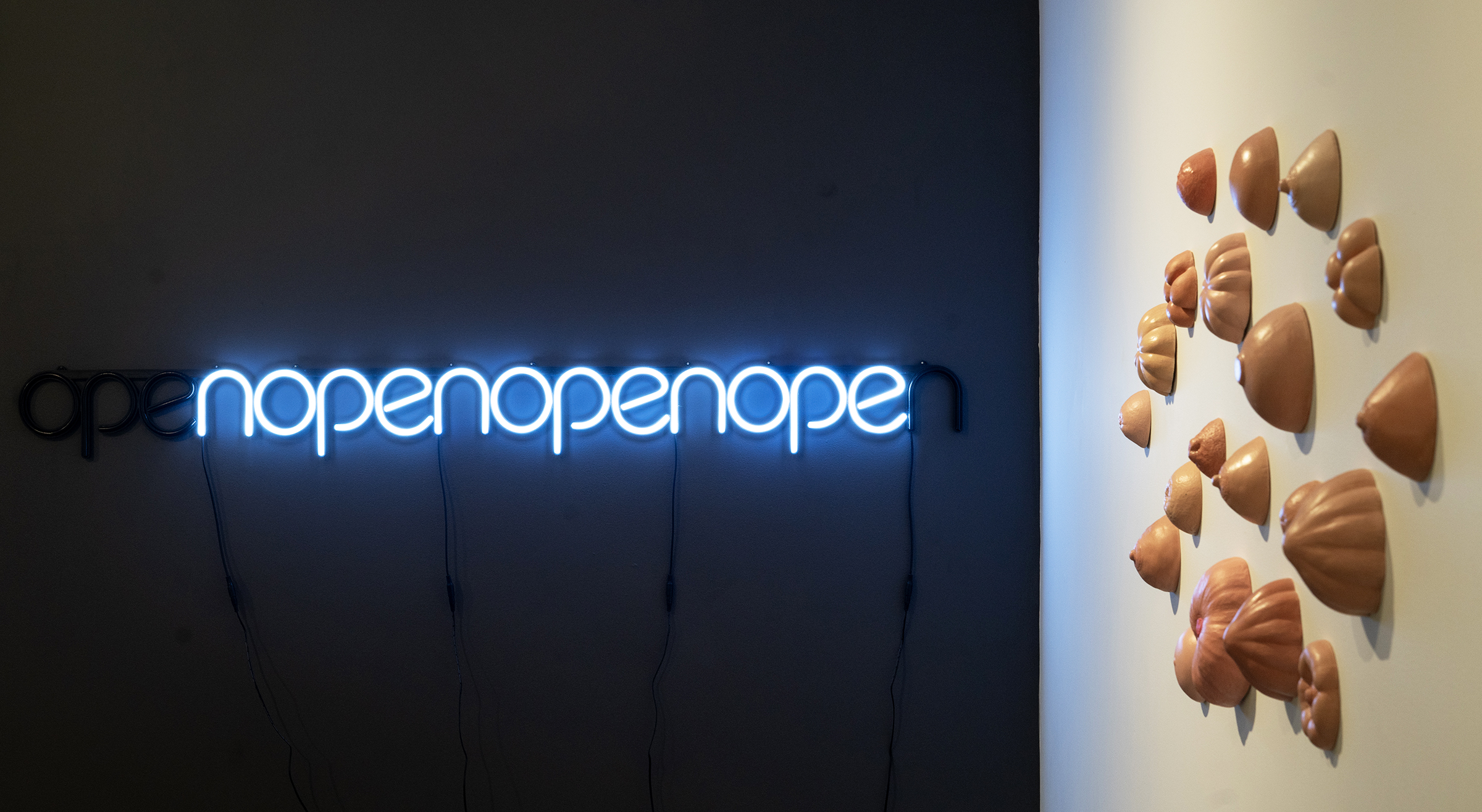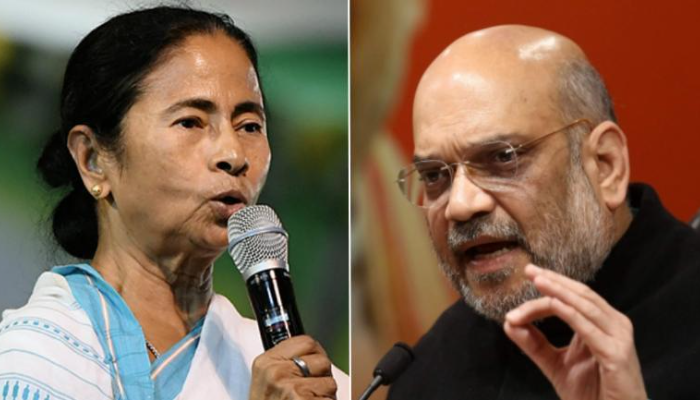Kerala hijab row: Edu Minister’s diktat to allow hijab shows how CPM govt has turned institutional autonomy into a theatre of Muslim appeasement
In Kerala, “secularism” doesn’t mean equality. It means knowing whom to offend, whom to appease, and when to retreat. Nothing illustrates this better than the recent hijab controversy at St Rita Public School in Kochi, a dispute that began as a question of uniform rules but ended up unmasking the Communist Party of India (Marxist)’s cynical politics of religious appeasement. When a school rule became a political theatre St Rita Public School, a Catholic-run CBSE institution in Kochi, has a clear uniform policy. One Muslim student’s family demanded that she be allowed to wear a hijab, directly violating that code. The management refused, not out of malice, but to maintain equality among students. What followed was a familiar Kerala drama: the father threatened the management, protests flared up outside the school, and the administration had to seek police protection and even approach the High Court for relief. Instead of defending the institution’s right to maintain order, Education Minister V. Sivankutty swooped in with a politically charged directive ordering the school to let the student wear her hijab and continue studying. The CPIM had, once again, prioritised religious identity over institutional autonomy. The move was a signal to Kerala’s Muslim electorate, an attempt to posture as the defender of Islamic sensibilities before the local body polls. What the government called “inclusivity” was nothing more than vote-bank arithmetic dressed up as compassion. Muslims form a sizeable chunk of Kerala’s population, a block that is fiercely united in it voting preferences as compared to Hindus, who are disunited and disconnected for the ruling class to consider them as an indispensable vote bank. The Church pushed back, and the ‘secular’ minister folded overnight Within 24 hours, the same minister who thundered about the girl’s “religious right” was begging for consensus. What changed? The Syro-Malabar Church struck back. Its media commission accused Sivankutty of “rekindling communal trouble” and enabling fundamentalism to enter Christian educational institutions. The Church-owned Deepika Daily published an editorial warning the government not to “remain silent under duress from fundamentalists.” Suddenly, Sivankutty discovered moderation. He told reporters that the matter was “settled” and that the girl’s father had agreed to comply with the dress code. The episode was declared “closed.” In reality, it was a full-blown political retreat, proof that Kerala’s Communists will bend to one community only until another powerful bloc growls. In one stroke, the CPM’s so-called secularism lay bare: pander to Muslims, placate Christians, and persecute Hindus. A government that prays with one faith and prosecutes another This is not an isolated case. The CPM’s pattern of appeasement is now a political doctrine in itself. In August 2025, CPIM leader Bineesh Kodiyeri proudly posted a video of a Muslim hawker offering namaz inside a party office in Kollam. The act was celebrated online as “an expression of brotherhood.” Party leaders called it “the real spirit of Kerala.” But when it comes to Hindu expression, the CPIM’s “spirit” vanishes faster than political morality. In February 2024, CPIM goons stormed a school in Kozhikode to stop a Ganapati Homam being performed on Mahanavami, a ritual held annually with official permission. They attacked the organisers, called the police, and had the devotees arrested. The same party that had converted its office into a mosque decided that a school courtyard was no place for a Hindu prayer. In “progressive” Kerala, Muslim piety is celebrated; Hindu devotion is criminalised. Even Marxist ministers can’t pray The hypocrisy runs deeper. In 2017, CPIM minister Kadakampally Surendran was reprimanded for visiting the Guruvayur Temple and offering prayers with his family. The party’s internal committee said the act was “against Marxist principles.” Think about that, in Communist Kerala, a Hindu minister was punished for entering a temple. Yet the same party publicly applauds a namaz held inside its own headquarters. This isn’t secularism. It’s a perverse hierarchy of faith, where Islam is romanticised, Christianity negotiated with, and Hinduism demonised. The message is unmistakable: you can fold your hands before Marx or before Mecca, but never before a Hindu deity. Documented anti-Hindu prejudice The CPM’s 64-page political resolution from 2025 makes this bigotry official. It described the Ram Mandir inauguration as an “aggressive continuation of Hindutva,” mocked Hindu processions as “provocations,” and claimed that “minorities face police repression” as though Hindus never suffer from mob violence or targeted hate. It went further, objecting to laws against love jihad, dismissing demands for temple restoration as “communal,” and sneering at the “mythological rewriting of history.” The same document offered a sympa
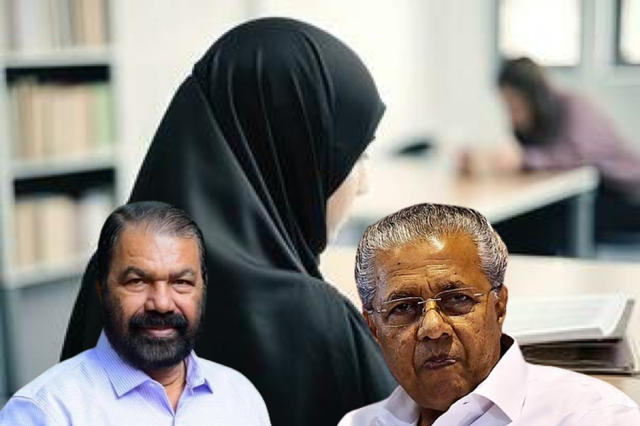


In Kerala, “secularism” doesn’t mean equality. It means knowing whom to offend, whom to appease, and when to retreat. Nothing illustrates this better than the recent hijab controversy at St Rita Public School in Kochi, a dispute that began as a question of uniform rules but ended up unmasking the Communist Party of India (Marxist)’s cynical politics of religious appeasement.
When a school rule became a political theatre
St Rita Public School, a Catholic-run CBSE institution in Kochi, has a clear uniform policy. One Muslim student’s family demanded that she be allowed to wear a hijab, directly violating that code. The management refused, not out of malice, but to maintain equality among students.
What followed was a familiar Kerala drama: the father threatened the management, protests flared up outside the school, and the administration had to seek police protection and even approach the High Court for relief.
Instead of defending the institution’s right to maintain order, Education Minister V. Sivankutty swooped in with a politically charged directive ordering the school to let the student wear her hijab and continue studying. The CPIM had, once again, prioritised religious identity over institutional autonomy.
The move was a signal to Kerala’s Muslim electorate, an attempt to posture as the defender of Islamic sensibilities before the local body polls. What the government called “inclusivity” was nothing more than vote-bank arithmetic dressed up as compassion. Muslims form a sizeable chunk of Kerala’s population, a block that is fiercely united in it voting preferences as compared to Hindus, who are disunited and disconnected for the ruling class to consider them as an indispensable vote bank.
The Church pushed back, and the ‘secular’ minister folded overnight
Within 24 hours, the same minister who thundered about the girl’s “religious right” was begging for consensus. What changed? The Syro-Malabar Church struck back. Its media commission accused Sivankutty of “rekindling communal trouble” and enabling fundamentalism to enter Christian educational institutions. The Church-owned Deepika Daily published an editorial warning the government not to “remain silent under duress from fundamentalists.”
Suddenly, Sivankutty discovered moderation. He told reporters that the matter was “settled” and that the girl’s father had agreed to comply with the dress code. The episode was declared “closed.” In reality, it was a full-blown political retreat, proof that Kerala’s Communists will bend to one community only until another powerful bloc growls.
In one stroke, the CPM’s so-called secularism lay bare: pander to Muslims, placate Christians, and persecute Hindus.
A government that prays with one faith and prosecutes another
This is not an isolated case. The CPM’s pattern of appeasement is now a political doctrine in itself.
In August 2025, CPIM leader Bineesh Kodiyeri proudly posted a video of a Muslim hawker offering namaz inside a party office in Kollam. The act was celebrated online as “an expression of brotherhood.” Party leaders called it “the real spirit of Kerala.”
But when it comes to Hindu expression, the CPIM’s “spirit” vanishes faster than political morality.
In February 2024, CPIM goons stormed a school in Kozhikode to stop a Ganapati Homam being performed on Mahanavami, a ritual held annually with official permission. They attacked the organisers, called the police, and had the devotees arrested. The same party that had converted its office into a mosque decided that a school courtyard was no place for a Hindu prayer.
In “progressive” Kerala, Muslim piety is celebrated; Hindu devotion is criminalised.
Even Marxist ministers can’t pray
The hypocrisy runs deeper.
In 2017, CPIM minister Kadakampally Surendran was reprimanded for visiting the Guruvayur Temple and offering prayers with his family. The party’s internal committee said the act was “against Marxist principles.” Think about that, in Communist Kerala, a Hindu minister was punished for entering a temple.
Yet the same party publicly applauds a namaz held inside its own headquarters. This isn’t secularism. It’s a perverse hierarchy of faith, where Islam is romanticised, Christianity negotiated with, and Hinduism demonised.
The message is unmistakable: you can fold your hands before Marx or before Mecca, but never before a Hindu deity.
Documented anti-Hindu prejudice
The CPM’s 64-page political resolution from 2025 makes this bigotry official. It described the Ram Mandir inauguration as an “aggressive continuation of Hindutva,” mocked Hindu processions as “provocations,” and claimed that “minorities face police repression” as though Hindus never suffer from mob violence or targeted hate.
It went further, objecting to laws against love jihad, dismissing demands for temple restoration as “communal,” and sneering at the “mythological rewriting of history.” The same document offered a sympathetic explanation for Islamist radicalisation, blaming it conveniently on “Hindutva aggression.”
In short, Hindus are the problem; Islamists are the misunderstood. This is the ideological lens through which the CPM views Kerala, a worldview where the majority must forever atone for the sensitivities of the minority.
From classrooms to temples: The war on Hindu visibility
The CPM’s assault on Hindu space isn’t limited to party memos. It shapes governance and culture. When Hindu festivals are held in schools, police are deployed “to maintain order.” When temples hold public rituals, Left-affiliated groups demand restrictions in the name of “secularism.”
But when a Muslim group wants to block a road for Friday prayers, the government rushes to “facilitate” arrangements. When Christian managements demand staff appointments or curriculum exemptions, ministers sprint to church headquarters to negotiate. When Hindu bodies raise identical demands, they’re branded “communal.”
Kerala’s Marxism has morphed into minority-majoritarianism, an ideology that sees Hindus as expendable ballast and Islamists as indispensable voters.
The hijab row fits the pattern perfectly
Seen in that light, the St Rita controversy is not an accident. It’s the inevitable outcome of decades of selective secularism. The CPM’s instinctive reaction was to side with the Muslim parent, not because the law required it, but because politics demanded it. Only when the Church raised its voice did the government remember the virtue of neutrality.
Had the same incident occurred in a Hindu-run school, the CPM’s reaction would have been very different. The management would have been accused of “discrimination,” the SDPI would have staged protests, and the minister’s order would have stood firm. But because the Church pushed back, the party remembered the limits of its own arrogance.
This is not governance. This is religious brokerage, where the state operates like an auction house for hurt sentiments.
Kerala’s secularism: Equality before elections, not before law
What passes for “secularism” in Kerala is a grotesque parody. The CPM doesn’t believe in equality before the law, only equality before the vote shares. It bends for one community until another threatens to shift allegiance, then performs a rhetorical pirouette in the name of “harmony.”
This is why Hindus in Kerala increasingly view the state as institutionally hostile. Their temples are controlled by the government, their festivals restricted, their rituals mocked, while every demand rooted in Muslim or Christian identity is met with exaggerated deference.
From Sabarimala to St Rita, from Guruvayur to Kozhikode, the story is the same: appease, retreat, repeat.
Why this matters beyond Kerala
The hijab row may seem local, but it reveals a national problem: the moral collapse of India’s Left ecosystem. The same ideologues who accuse others of “communalism” have built their entire political survival on minority chauvinism. They celebrate Islamic assertion as “rights,” condemn Hindu expression as “bigotry,” and ridicule any call for equal treatment as “saffron politics.”
Kerala’s CPM is merely the most shameless practitioner of this art. It has replaced ideology with identity management. It no longer governs; it curates grievances.
The tragedy behind the theatre
What makes the St Rita episode truly tragic is that it could have been resolved quietly. The girl’s father himself told reporters he was ready to follow the school’s dress code. There was no crisis until the minister decided to manufacture one for political mileage.
In doing so, Sivankutty undermined both sides. He offended the Church, embarrassed the government, and deepened communal suspicion. His retreat wasn’t an act of wisdom; it was an act of political self-preservation.
And therein lies the essence of CPM’s Kerala model, rule by appeasement, retreat by fear.
Appeasement is not harmony
The hijab was never the issue. The issue is ideological hypocrisy. A party that cannot decide whether faith is sacred or regressive has no business sermonizing about secularism. The CPM’s Kerala government has turned the state into a laboratory of selective tolerance where Islam is appeased, Christianity negotiated, and Hinduism humiliated.
Every such episode chips away at public trust and deepens communal cynicism. When the law bends for some and breaks for others, equality becomes an illusion. The Left’s moral posturing collapses under its own contradictions.
Kerala deserves better than this. It deserves a government that treats citizens as citizens, not as commodities of religious arithmetic. Until that happens, the “God’s Own Country” will remain, under Communist rule, a God-forsaken playground of political hypocrisy.



